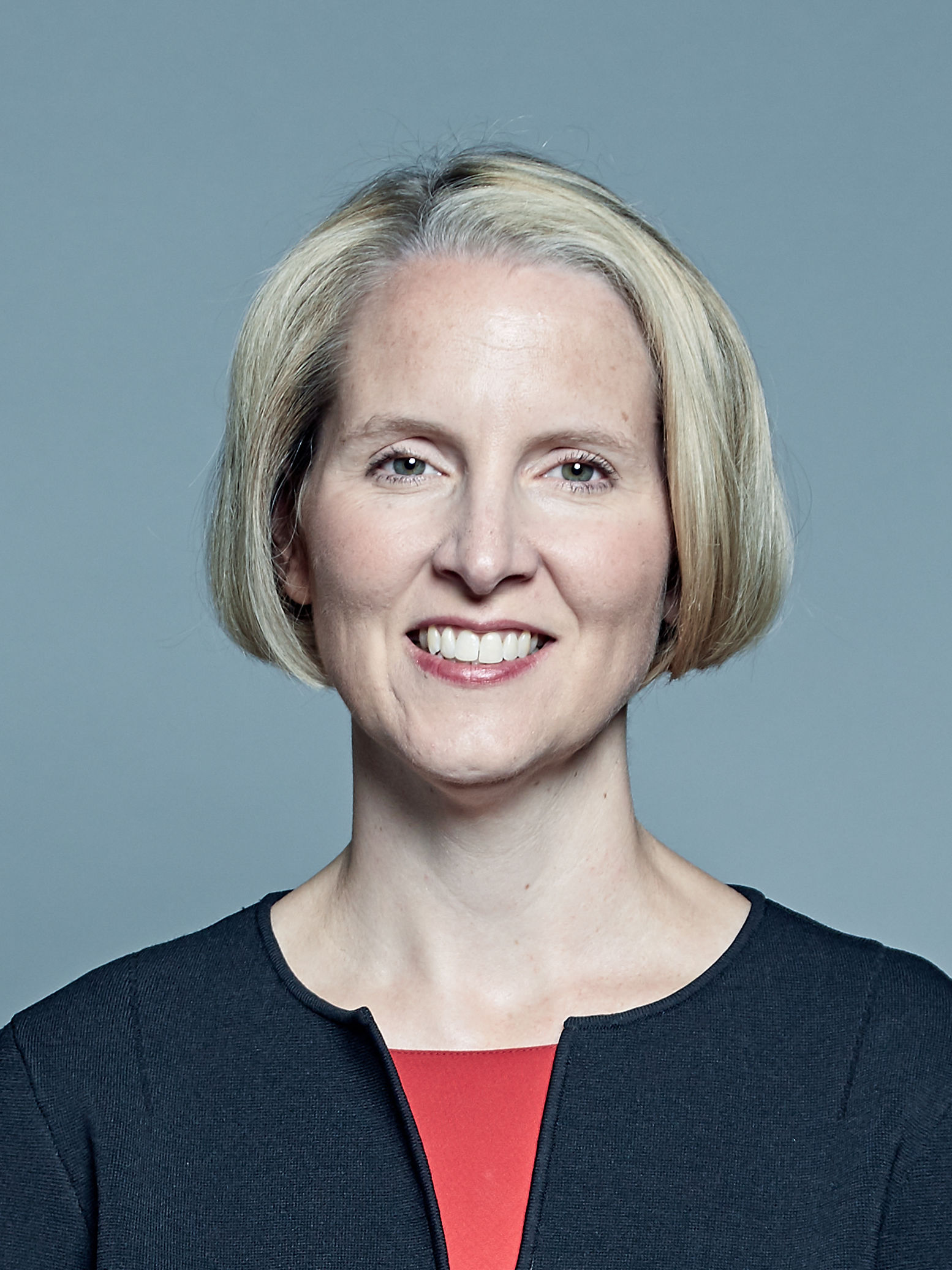The majority of employers are looking to make "significant" changes to their workplace pensions, with 89 per cent to adopt new HR strategies to achieve retirement adequacy by 2026, research from the Reward and Employee Benefit Association (REBA) has revealed.
According to the survey, three quarters of employers acknowledged that current pension contributions will not be enough for employees to achieve a good outcome, with almost half (47 per cent) viewing this as a challenge to face now, while a further 28 per cent expect to need to address it in the near future.
Auto-enrolment contirbutions are expected to be the main area of change, as the survey found that many employers expect to need to increase their contributions, potentially anticipating legislation changes.
At present, just over a third (37 per cent) of respondents offer between the statutory minimum required by auto-enrolment of 3 per cent, and 4.99 per cent.
However, less than a fifth (17 per cent) of respondents believe they will be offering this in two years’ time.
In addition to this, 19 per cent of employers expect to be contributing 10 per cent or more tto employees' pensions by 2026, representing a "significant" increase as currently, only 1 in 10 provide this level of support.
Alongside contribution changes, employers were also keen to provide employees with better education around their pensions, engaging them earlier with pensions and encouraging them to consider increasing their own contributions.
Indeed, almost all employers (98 per cent) said they want to maximise the support available from pension providers, while over three-quarters (78 per cent) want to maximise the support from their consultant, looking to them to suggest effective strategies.
Reba editorial consultant and pension expert, Maggie Williams, said “The findings of our survey indicate that pensions are very much at the top of the agenda for reward, compensation and benefits professionals.
"Most employers acknowledge change is needed to improve outcomes for employees. As well as improved guidance and education to address the issue, many accept that increased contributions will be required to make a real difference.
"To maximise their investment, employers will want to work more closely with providers and consultants, placing a greater emphasis on achieving value for money as well as retirement adequacy.”
Adding to this, Wolseley reward manager, benefits, Ant Donaldson, said: “We're very much aware that the ongoing impacts of the cost-of-living crisis can make it hard for colleagues to keep focused on saving for their retirement, finding effective ways to balance their day-to-day priorities with their long-term objectives.
"To help support their journey into retirement, we are focused on providing wide-ranging financial wellbeing resources, encouraging them to think earlier about their pensions and what outcomes they hope for once their working lives come to an end, whilst supporting their shorter-term financial needs.
"Ensuring our pensions strategy remains robust and fit for purpose is very much a priority for us and recently led us to completely re-vamp our offering by moving to one of the leading master trusts.”
Latest News
-
Govt urged to prioritise pension policy stability in Spring Statement
-
Just Group underlying operating profit falls by 39%
-
Employers warned modest pension defaults risk worsening adequacy gap
-
Aegon updates modelling tool to help members benchmark retirement needs
-
News in brief - 27 February 2026
-
PPF levy to remain at zero for 2026/27
Private markets – a growing presence within UK DC
Laura Blows discusses the role of private market investment within DC schemes with Aviva Director of Investments, Maiyuresh Rajah
The DB pension landscape
Pensions Age speaks to BlackRock managing director and head of its DB relationship management team, Andrew Reid, about the DB pensions landscape
Podcast: From pension pot to flexible income for life

Podcast: Who matters most in pensions?

In the latest Pensions Age podcast, Francesca Fabrizi speaks to Capita Pension Solutions global practice leader & chief revenue officer, Stuart Heatley, about who matters most in pensions and how to best meet their needs
© 2019 Perspective Publishing Privacy & Cookies











Recent Stories